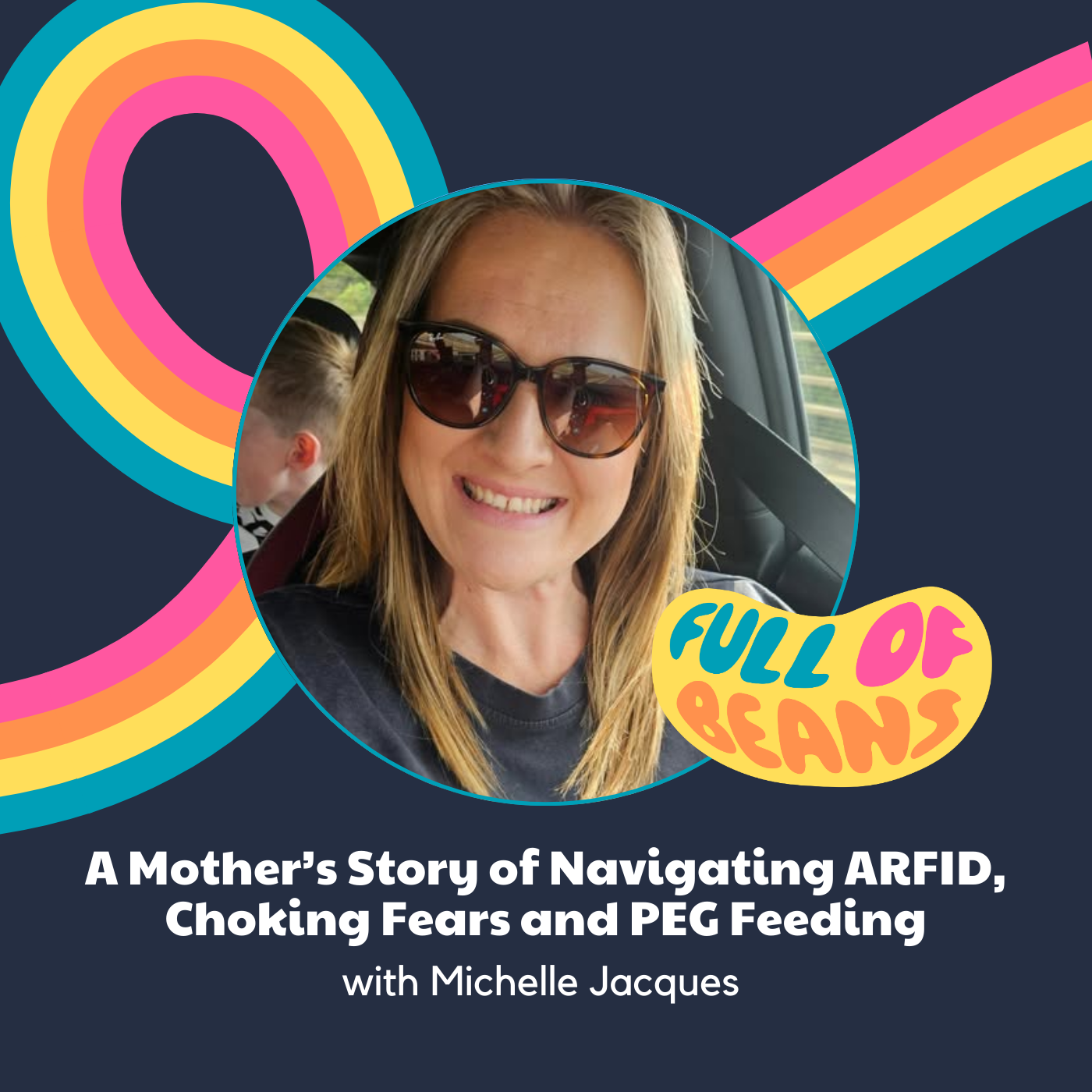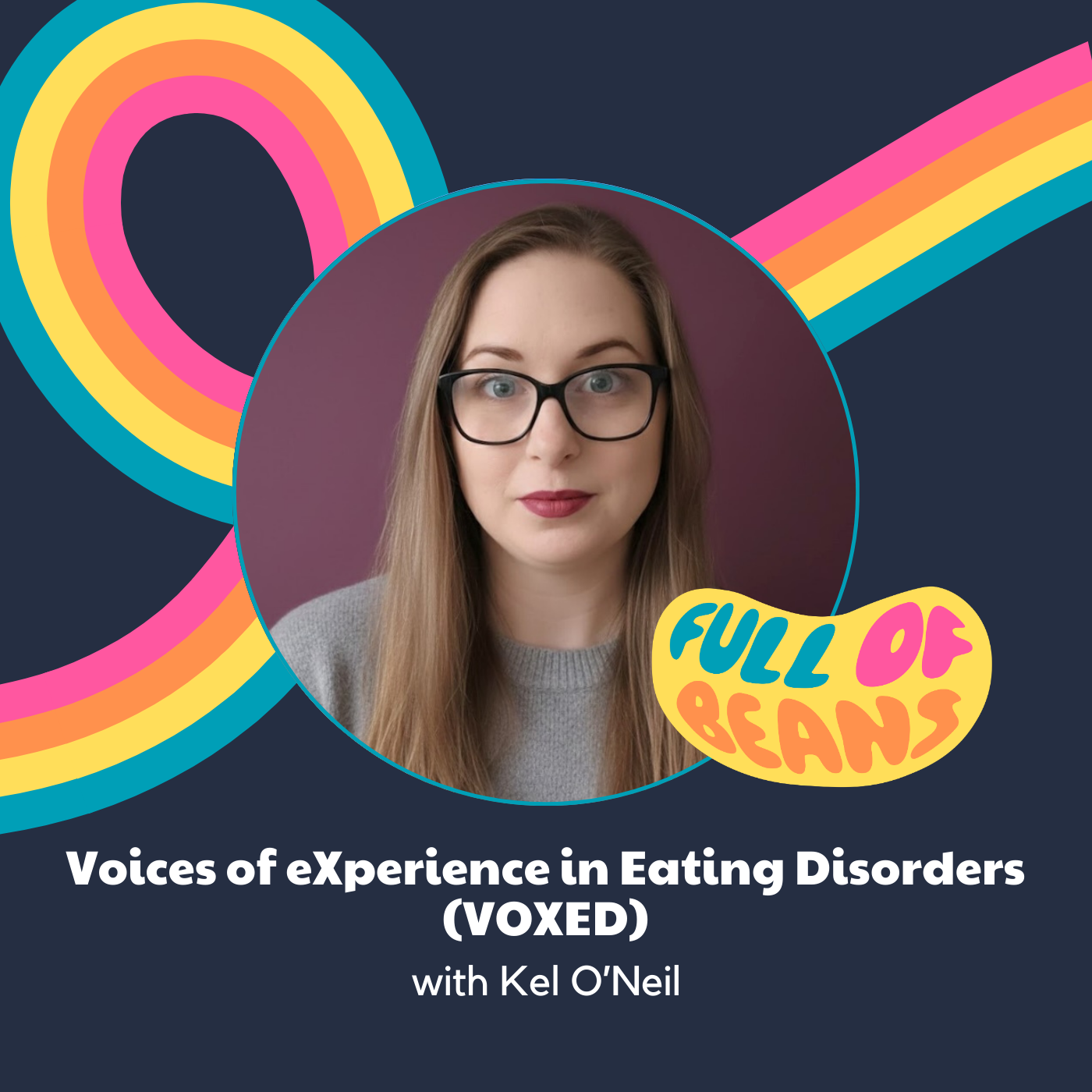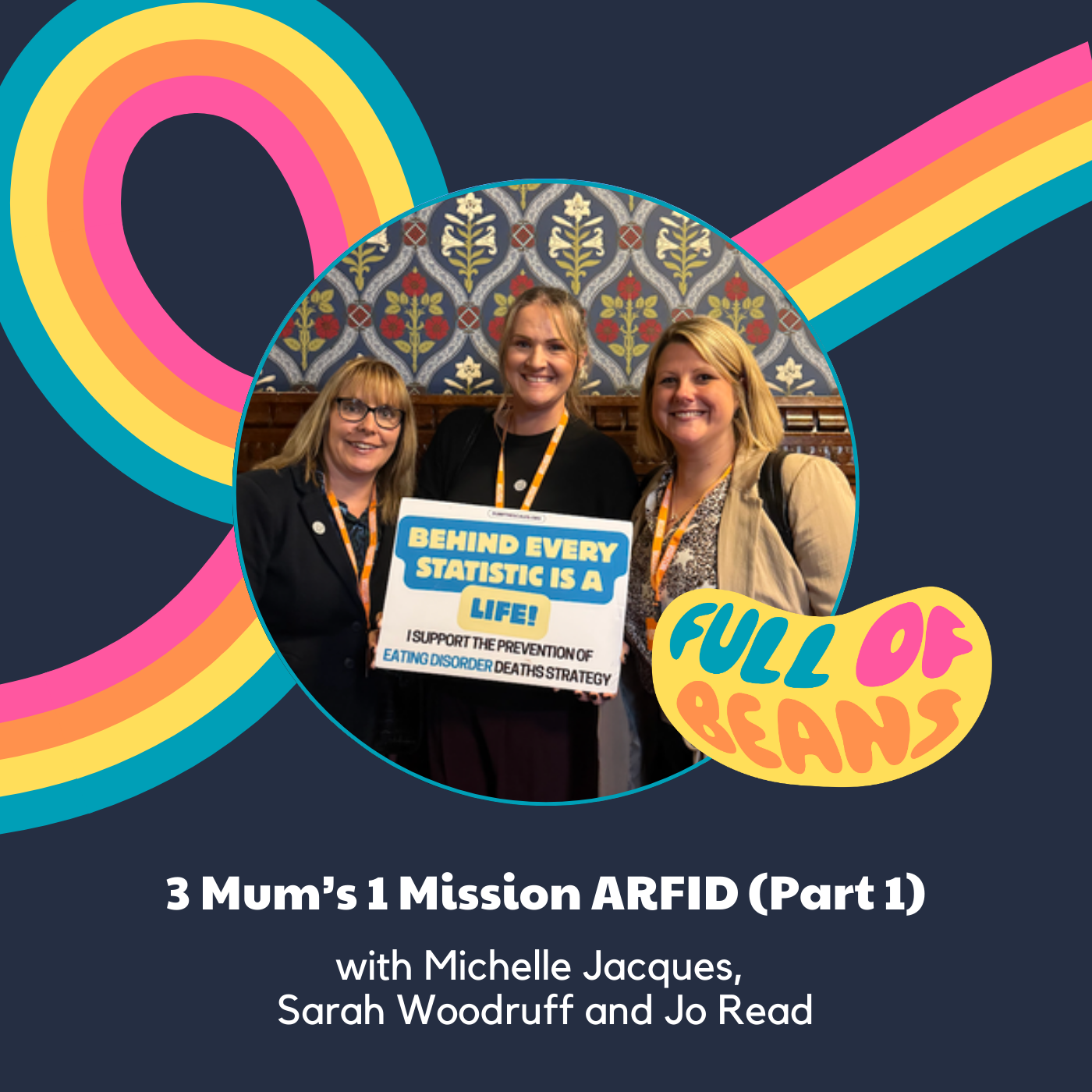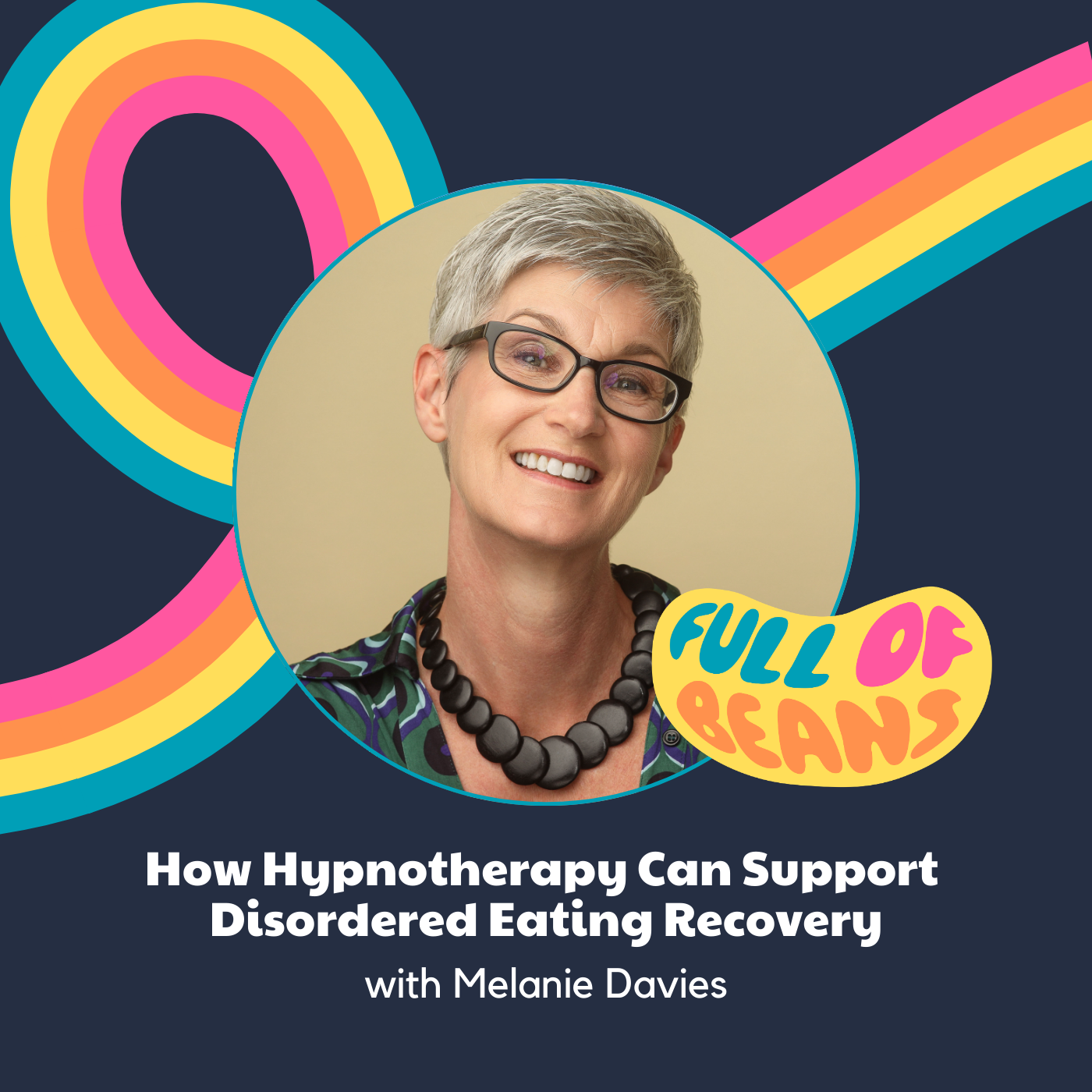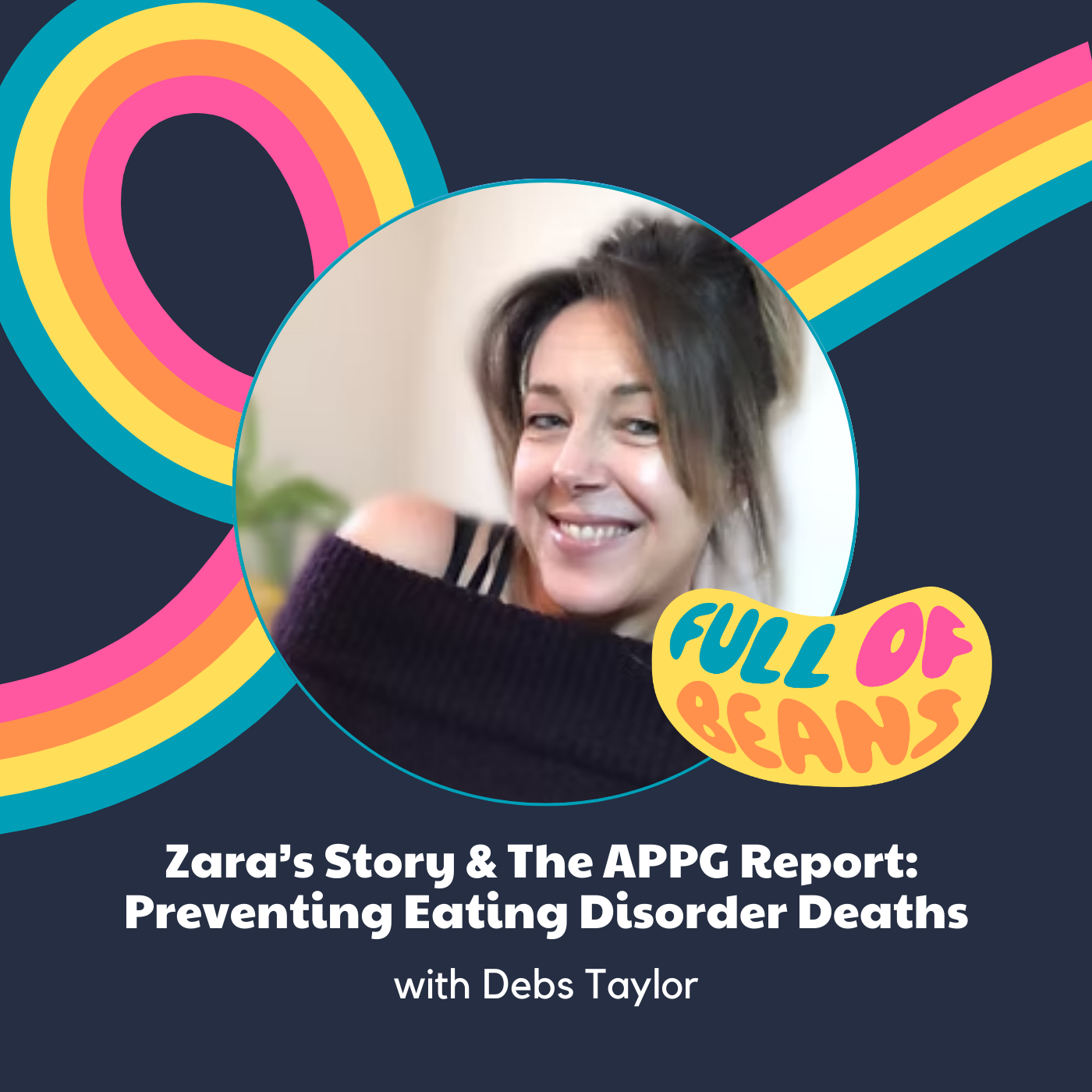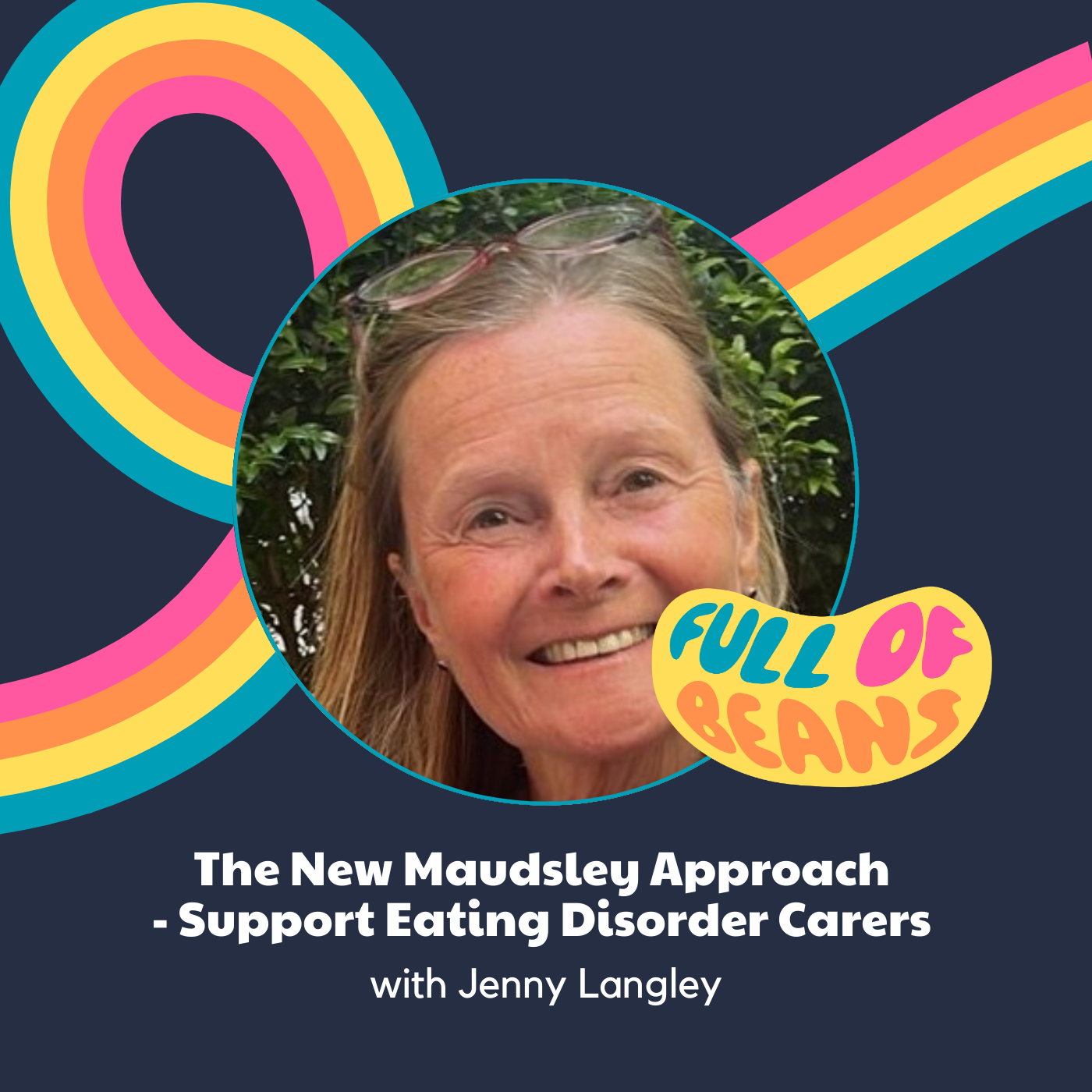Treatable Not Terminal: Assisted Suicide for in Eating Disorders with Chelsea Roff and Catherine Cook-Cottone
Chelsea Roff, Founder and Director of Eat Breathe Thrive, has spent nearly a decade developing integrative health programs for mental health challenges, including a Yoga for Eating Disorders program, now the core of a seven-week intervention. She also leads the largest study on yoga for eating disorders and serves as UK Operations Director for The Give Back Yoga Foundation.
Catherine Cook-Cottone, Ph.D., a Licensed Psychologist and Professor at SUNY Buffalo, co-edits Eating Disorders: The Journal of Treatment and Prevention and founded the nonprofit Yogis in Service. Her research focuses on embodied self-regulation and psychosocial disorders, with over 85 publications to her name.
Together, Chelsea and Catherine co-authored a study published in Frontiers in Psychiatry revealing that over 60 individuals with eating disorders have been euthanised or assisted in suicide by physicians , often without exhausting evidence-based treatments. They have issued a joint statement opposing medically assisted suicide for eating disorders, urging the healthcare community and broader society to stand against this practice and support recovery.
In this week's podcast, we discuss:
- The reasoning and inspiration for Chelsea and Catherine beginning their research into assisted dying in eating disorders.
- What is meant by "terminal anorexia" and how this is an inappropriate term to use for an eating disorder (aka not a terminal illness).
- The criteria required, in respective countries, for assisted dying.
- The understanding of why clinicians believe assisted dying may be the best outcome for their patients.
- The importance of sharing lived experiences and highlighting that full recovery is possible.
- The consequences of making this decision and the impact this can have.
To read the full paper, click here.
To read and sign the Joint Statement Against Assisted Suicide for Eating Disorders, click here.
You can contact Chelsea via Chelsea's LinkedIn , Eat Breathe Thrive Instagram, and Eat Breathe Thrive's Website.
You can content Catherine via Catherine's LinkedIn , Catherine's Instagram , and Catherine's website.
Kindly note, that this episode delves into sensitive eating disorder topics, including anorexia nervosa and suicide. Remember to care for yourself while listening and seek professional help if needed. This podcast is your bridge to insightful discussions, not a substitute for clinical guidance. If you are struggling with suicidal thoughts or ideation, know that you can call the Samaritans anytime on 116 123 or visit their website here.

